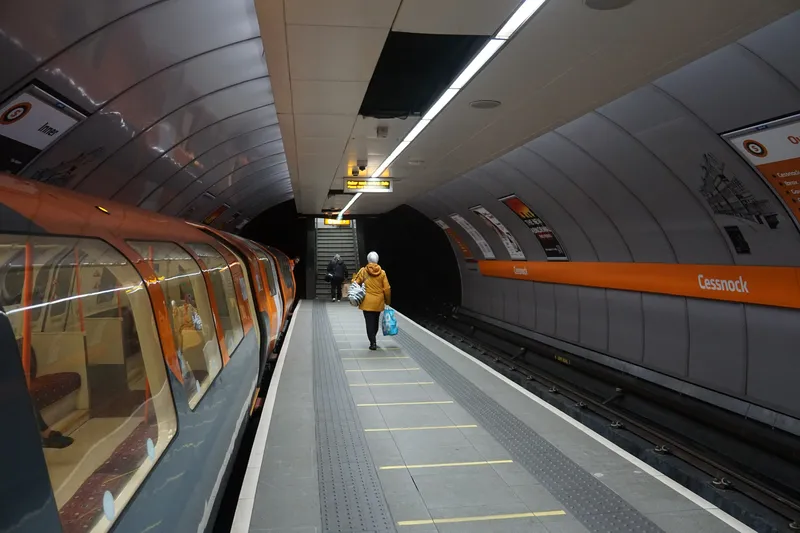Transport authorities in Turku, Finland’s third-largest conurbation have decided to expand the city’s bus network and have appointed Init to implement its intermodal transport control system (ITCS), an integrated telematics, passenger information and electronic fare collection system.
Around 200 vehicles will initially be connected to the system and fitted with an Evendpc, a combined on-board computer and ticket printer developed by Init. This terminal forms the core of the system, controlling ticketing
October 18, 2013
Read time: 2 mins
Transport authorities in Turku, Finland’s third-largest conurbation have decided to expand the city’s bus network and have appointed 511 INIT to implement its intermodal transport control system (ITCS), an integrated telematics, passenger information and electronic fare collection system.
Around 200 vehicles will initially be connected to the system and fitted with an Evendpc, a combined on-board computer and ticket printer developed by Init. This terminal forms the core of the system, controlling ticketing and control functions within the vehicle and communication with head office. It also enables the transport company to provide passengers with real time travel information via displays, internet and smartphone.
The system includes an on-board self-service e-ticketing terminal, Proxmobil which enables passengers to board the vehicle more quickly and reduces waiting times.
A feature of the system is that it is easily integrated with other modes of transport, enabling data to be confidentially transmitted between systems. It is also highly modular, so that functionality can be increased in the future.
"Finland may be new on the map of our customers, but we know the country and the needs of the local transport companies very well," says Init CEO Dr Gottfried Greschner, who speaks a little Finnish himself. "We took a long time preparing our entry on the market. This success now confirms that we took the right approach."
Around 200 vehicles will initially be connected to the system and fitted with an Evendpc, a combined on-board computer and ticket printer developed by Init. This terminal forms the core of the system, controlling ticketing and control functions within the vehicle and communication with head office. It also enables the transport company to provide passengers with real time travel information via displays, internet and smartphone.
The system includes an on-board self-service e-ticketing terminal, Proxmobil which enables passengers to board the vehicle more quickly and reduces waiting times.
A feature of the system is that it is easily integrated with other modes of transport, enabling data to be confidentially transmitted between systems. It is also highly modular, so that functionality can be increased in the future.
"Finland may be new on the map of our customers, but we know the country and the needs of the local transport companies very well," says Init CEO Dr Gottfried Greschner, who speaks a little Finnish himself. "We took a long time preparing our entry on the market. This success now confirms that we took the right approach."









